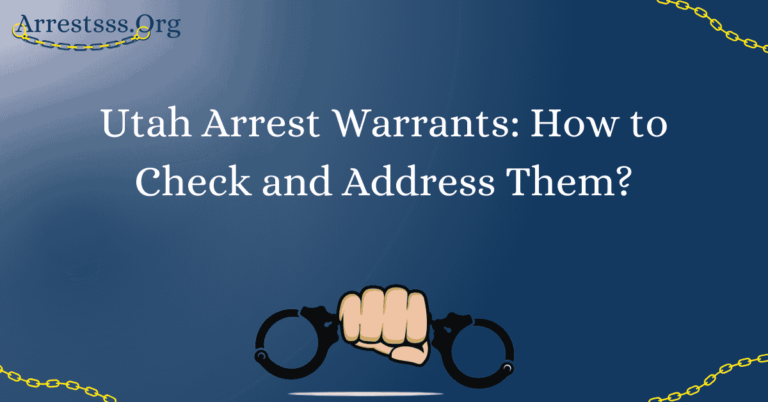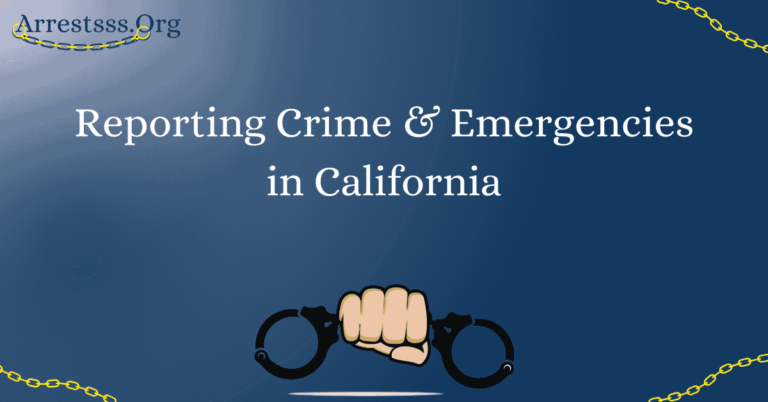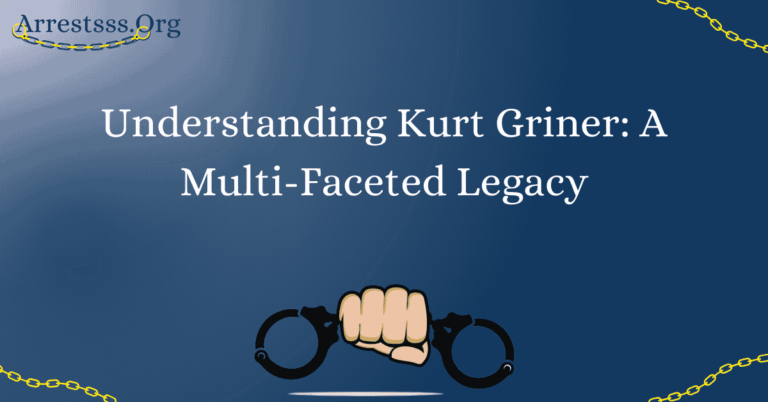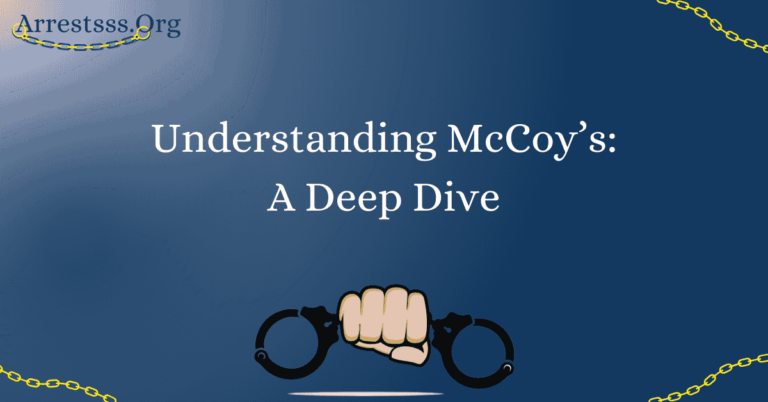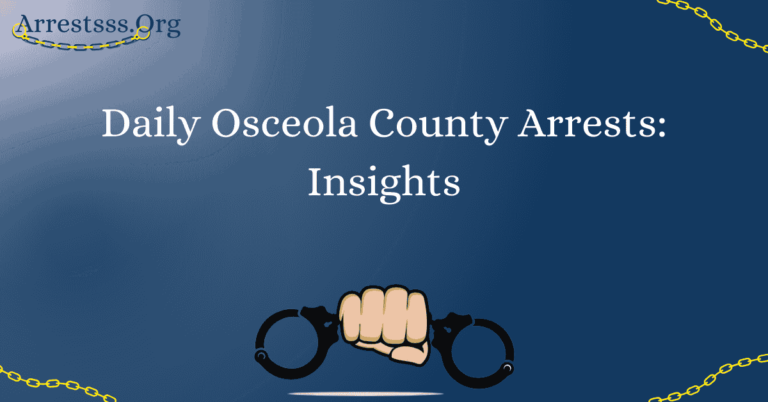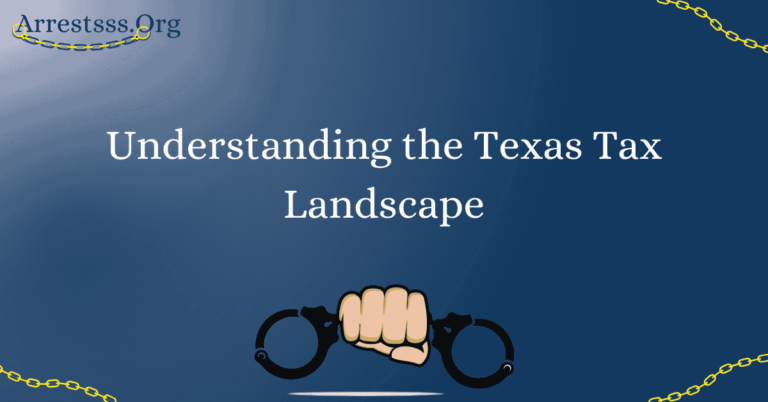Your Rights in Oklahoma Criminal Defense
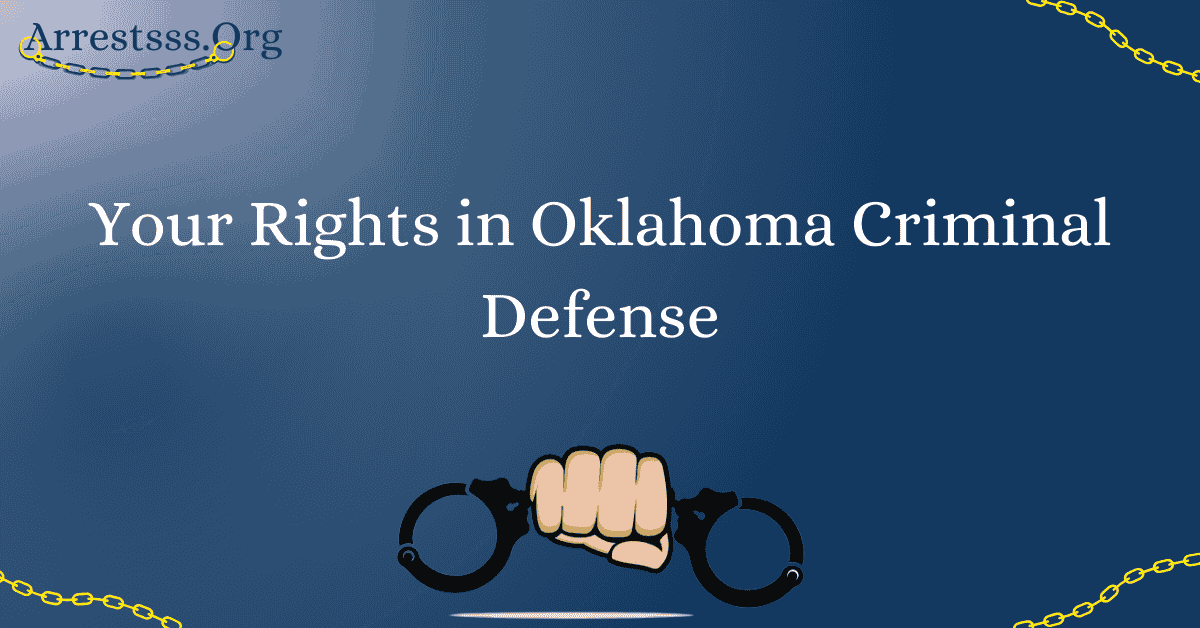
If you’re facing criminal charges in Oklahoma, understanding your rights and available legal resources is crucial. This comprehensive guide provides valuable insights to help you navigate the state’s criminal justice system effectively, ensuring you’re well-prepared for the challenges ahead.
Your Rights in Oklahoma Criminal Defense
Right to Legal Counsel: Every individual accused of a crime in Oklahoma has the right to legal representation. You can choose between a public defender or a private attorney. Public defenders are provided to those who cannot afford a lawyer.
Right to Remain Silent: You have the right to remain silent and avoid self-incrimination. Anything you say can be used against you, so it’s advisable to consult with an attorney before speaking to law enforcement.
Right to a Fair Trial: The U.S. Constitution guarantees the right to a fair trial. This includes impartial jury selection, proper evidence handling, and the opportunity to present a defense.
Right to Due Process: Due process ensures that you are treated fairly throughout the legal process. It includes timely notification of charges, access to evidence, and the right to challenge evidence presented against you.
Legal Resources for Criminal Defense in Oklahoma
Public Defenders vs. Private Attorneys: Public defenders are provided by the state for those who cannot afford private representation. Private attorneys offer tailored services but come at a cost.
Legal Aid Organizations: Various legal aid organizations in Oklahoma offer assistance to individuals who need legal representation but cannot afford it. These organizations can provide valuable support.
Pretrial Services: Pretrial services may be available to individuals released before trial. These services can include monitoring, counseling, or drug testing.
Bail and Bond Information: Understanding the bail and bond process is essential if you’re detained. You may need to post bail to secure your release before trial. The amount can vary depending on the severity of the charges.
Understanding Criminal Charges in Oklahoma
Misdemeanors vs. Felonies: Crimes in Oklahoma are classified as misdemeanors or felonies based on their severity. Misdemeanors carry less severe penalties than felonies.
Common Types of Criminal Offenses: Oklahoma law encompasses various criminal offenses, including theft, assault, drug offenses, and more. Understanding the specific charges against you is crucial.
Penalties and Sentencing Guidelines: Penalties for criminal offenses in Oklahoma can range from fines to imprisonment. Sentencing guidelines vary, and certain factors can influence the outcome.
Expungement and Criminal Records: Oklahoma allows for expungement in specific cases, enabling you to clear your criminal record. Eligibility criteria differ based on the type of offense and time passed since the conviction.
The Criminal Court Process in Oklahoma
Arrest and Booking: Following your arrest, you’ll be booked into the system, and charges will be filed against you. This marks the beginning of the legal process.
Initial Appearance and Arraignment: You’ll have an initial court appearance where you’ll be informed of the charges against you. An arraignment will follow, during which you’ll enter a plea.
Pretrial Hearings and Motions: Pretrial hearings and motions can occur to address various legal issues before trial. This phase involves evidence presentation, witness testimony, and legal arguments.
Trial and Verdict: The trial is where your case is presented to a judge or jury. After the trial, a verdict is reached, determining whether you are guilty or not guilty.
Alternative Sentencing and Diversion Programs
Drug Courts: Drug courts offer rehabilitation and treatment as an alternative to incarceration for individuals with substance abuse issues.
Probation and Parole: Probation and parole programs allow offenders to serve part of their sentences in the community under supervision.
Rehabilitation Programs: Various rehabilitation programs aim to address underlying issues, such as anger management or addiction, to reduce recidivism.
Community Service and Restitution: Some individuals may be required to perform community service or pay restitution to victims as part of their sentence.
Legal Defense Strategies and Options
Building a Strong Defense: Working closely with your attorney to build a solid defense is essential. This may involve gathering evidence, interviewing witnesses, and preparing for trial.
Plea Bargaining: In some cases, plea bargaining may be an option to secure a reduced sentence or lesser charges. Your attorney can negotiate on your behalf.
Jury Trials: If you choose to go to trial, it’s important to understand the jury selection process, courtroom procedures, and the presentation of evidence.
Appeals and Post-Conviction Relief: If convicted, you have the right to appeal the decision. Post-conviction relief options may also be available if you believe your rights were violated during the trial.
FAQ’s
Can I request a public defender in Oklahoma if I can’t afford an attorney?
Yes, if you meet specific income criteria, you can request a public defender to represent you in your criminal case.
What are the potential consequences of a felony conviction in Oklahoma?
Felony convictions in Oklahoma can result in severe penalties, including imprisonment, fines, and a lasting impact on your future.
How can I expunge my criminal record in Oklahoma?
Oklahoma allows for expungement in certain cases, but the eligibility criteria vary based on the type of offense and the time that has passed since the conviction.
Are there diversion programs for first-time offenders in Oklahoma?
Yes, Oklahoma offers diversion programs that may allow first-time offenders to complete a rehabilitation program instead of traditional sentencing.
What should I do if I believe my rights were violated during my arrest or trial?
If you believe your rights were violated, it’s essential to consult with an attorney to explore potential legal remedies and defenses.

